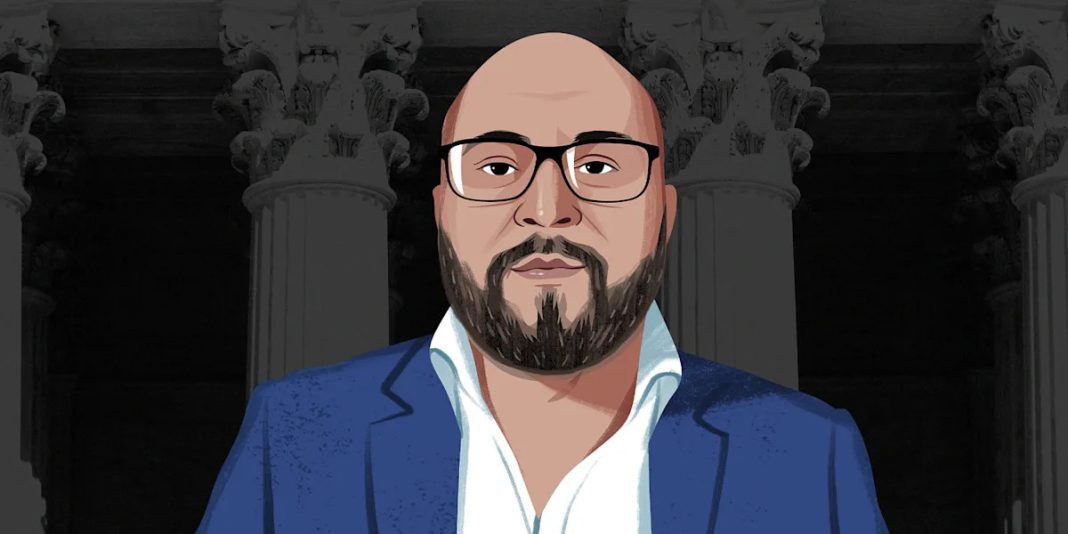“Can a case be brought to a state bar against Pam Bondi and/or Lindsey Halligan for unethical behavior or corruption? Can they be disciplined or disbarred for bringing politically motivated cases against Trump’s enemies?” — Thomas
Hi Thomas,
The answer to your question of “can” these things happen is “yes.” But for reasons I’ll explain, I would temper expectations of bar discipline for those lawyers.
There are state rules that bind attorneys where they are licensed. Violations can lead to a range of sanctions, including disbarment. And though the actions of U.S. Attorney General Pam Bondi and other government lawyers these days might suggest they think otherwise, there isn’t an ethics exception for someone working in the Trump administration.
That said, it’s important to keep legal and practical realities in mind as we examine the possibilities here.
When it comes to Bondi, a group of lawyers, law professors and former judges filed an ethics complaint against her to the Florida Bar in June, alleging that she “personally and through her senior management, has sought to compel Department of Justice lawyers to violate their ethical obligations under the guise of ‘zealous advocacy’ as announced in her memorandum to all Department employees, issued on her first day in office, threatening employees with discipline and possible termination for falling short.”
But putting aside the merits of any legal ethics case against Bondi, an initial hurdle is that the Florida Bar maintains that it can’t even investigate her, on the grounds that the body doesn’t investigate or prosecute “sitting officers appointed under the U.S. Constitution while they are in office.”
The rules are only as good as their enforcement, so bar discipline against Bondi appears to be a dead end, at least while she is in her current office. Florida’s Supreme Court this week rejected a bid to force the bar to look into her. The bar’s reasoning would theoretically leave open the possibility of investigating her after she leaves the DOJ. It doesn’t seem as if that disciplinary door will automatically swing open when she returns to civilian life, but I suppose that remains to be seen.
Let’s now turn to Lindsey Halligan and her role as the latest criminal enforcer of the president’s political revenge. Despite her lack of prior prosecutorial experience — or was it because of it? — the administration installed the former Trump personal lawyer to lead the vaunted U.S. attorney’s office for the Eastern District of Virginia. So far, she has secured indictments against two high-profile Trump critics whose prosecutions the president had demanded — James Comey and Letitia James. Halligan did so over the objection of career prosecutors, including the former head of the office, Erik Siebert, a Republican who was forced out after he resisted bringing those cases.
Like Bondi, Halligan is licensed in Florida, so we can look to that state’s rules to see if she might have violated any of them. Halligan shouldn’t be considered a “constitutional officer” like Bondi, such that it would rationalize state authorities not investigating her if a complaint is filed. (By the way, Comey has signaled he will challenge whether Halligan was even lawfully appointed to lead the Virginia office.)
Looking specifically at the rules imposing special responsibilities on prosecutors in Florida, one of them says that prosecutors must “refrain from prosecuting a charge that the prosecutor knows is not supported by probable cause.” At first glance, that might seem to apply to Halligan’s conduct, seeing as she bucked the wisdom of experienced DOJ lawyers in bringing the Comey and James cases.
But to prove that she knew the cases weren’t supported by probable cause appears to be an almost impossible standard to meet, barring some sort of yet-uncovered confession on her part. As opposed to the beyond a reasonable doubt standard that applies at trial, the probable cause standard in the grand jury is famously low.
Another Florida rule says prosecutors must “make timely disclosure to the defense of all evidence or information known to the prosecutor that tends to negate the guilt of the accused or mitigates the offense.” That reflects what are known as the prosecutor’s “Brady” obligations, named for a landmark Supreme Court case requiring disclosure of such evidence, violation of which can lead to dismissal of criminal charges.
Whether Halligan has violated or will violate that rule is not yet known, because the cases she has brought are in their infancy, and whether any Brady violations have occurred in the Comey and James cases might not be known until long after they’re completed. But as a general matter, it would seem to be a more practically provable rule than the probable cause rule.
Other ethics rules applying to lawyers more generally besides just prosecutors could come into play as well — like the requirement to be honest in court and in legal filings — which we’ll bear in mind as the Comey and James cases unfold. There will be action in both cases next week, with the former FBI director slated to file his first round of motions to dismiss on Monday, and the New York attorney general due in court for her arraignment on Friday.
Please submit “Ask Jordan” questions through this form for a chance to have your question featured in a future edition of the Deadline: Legal Newsletter.
This article was originally published on MSNBC.com

